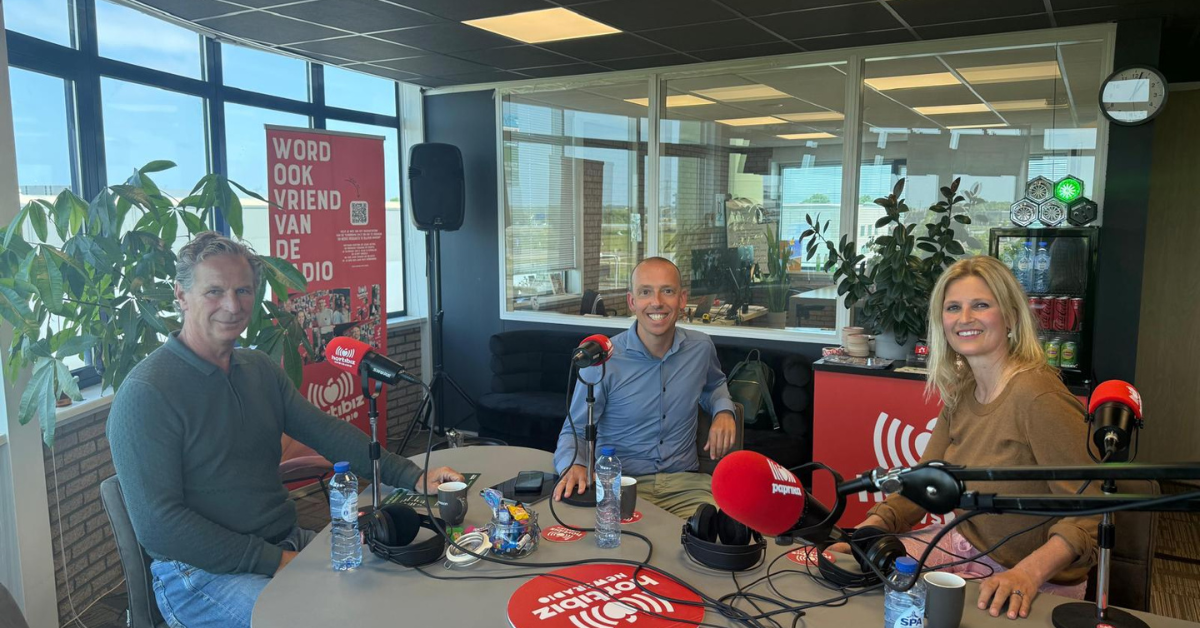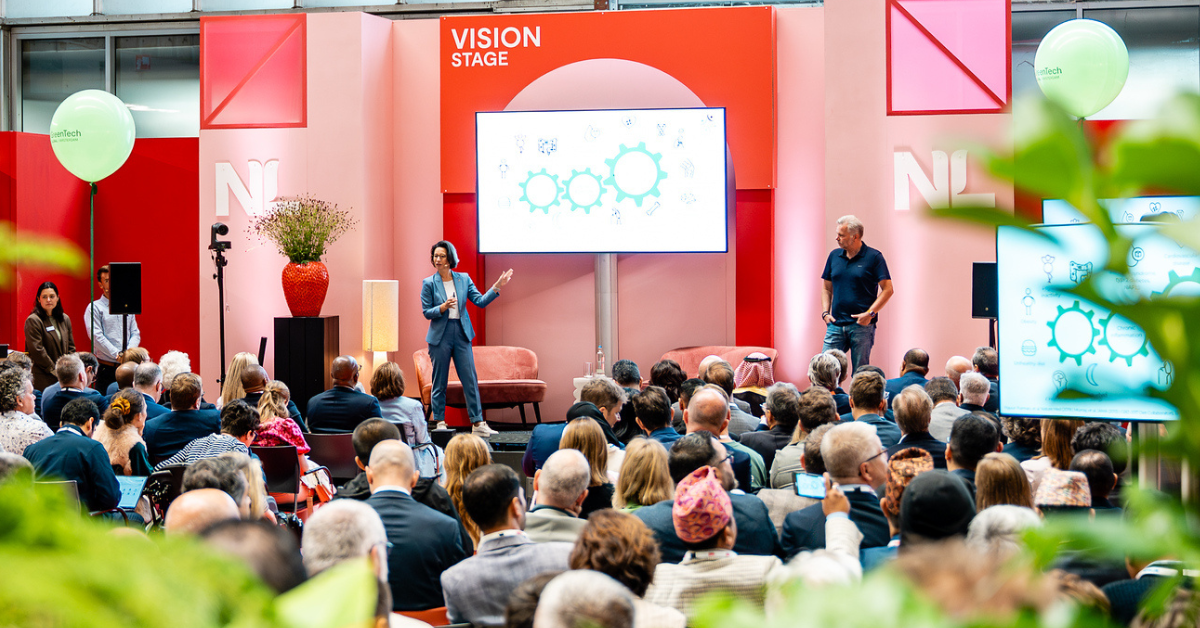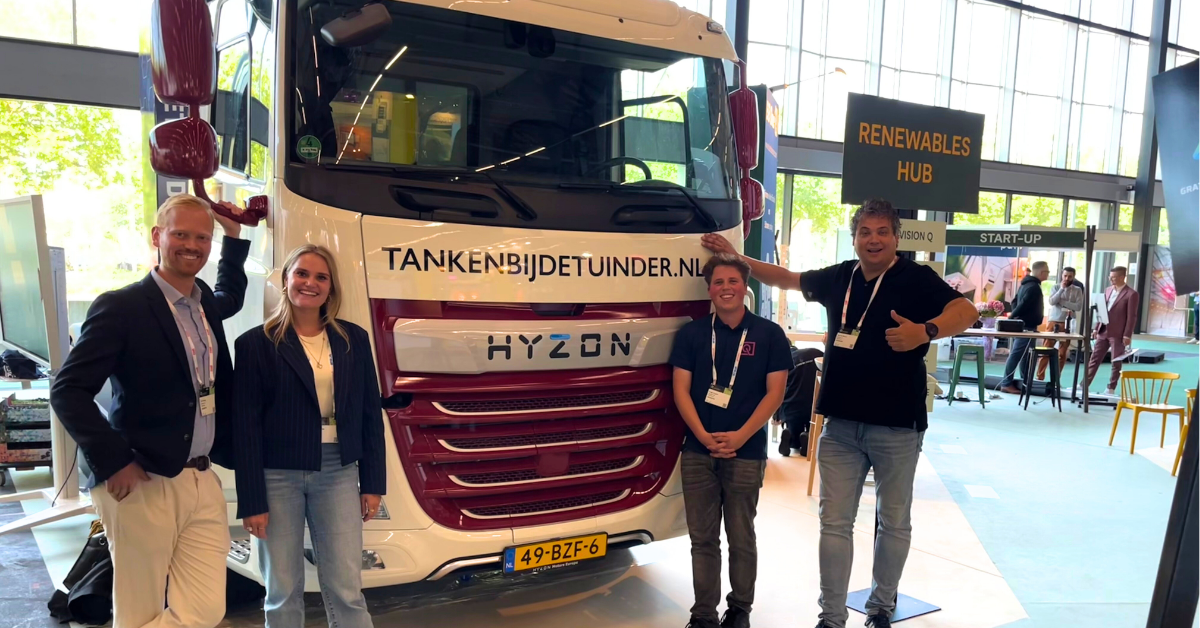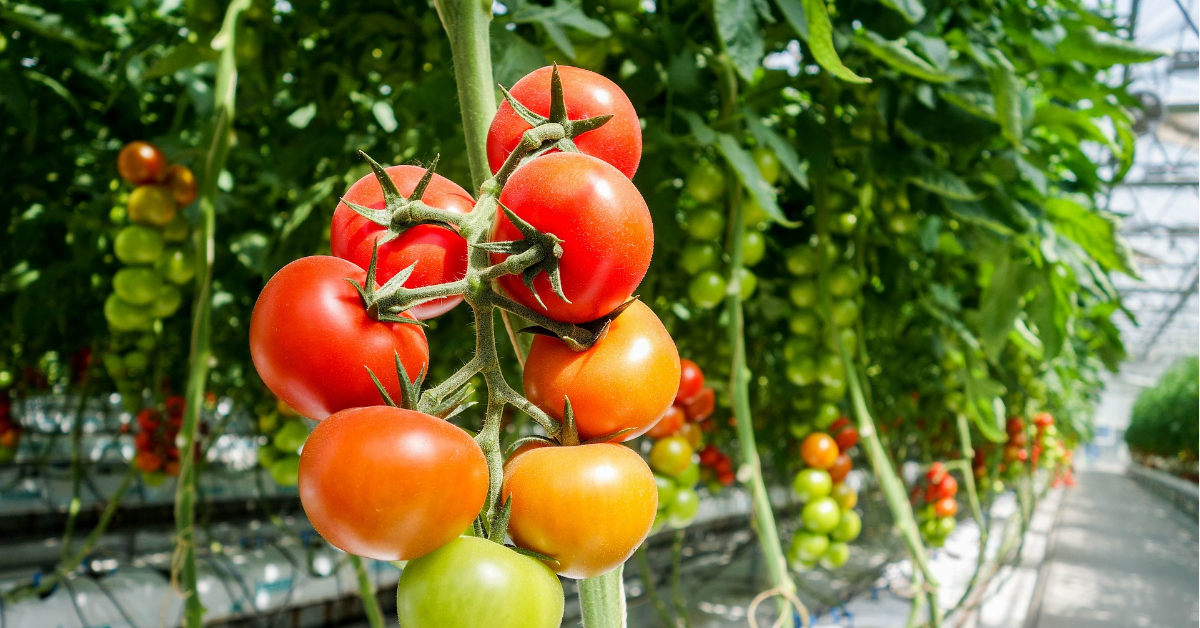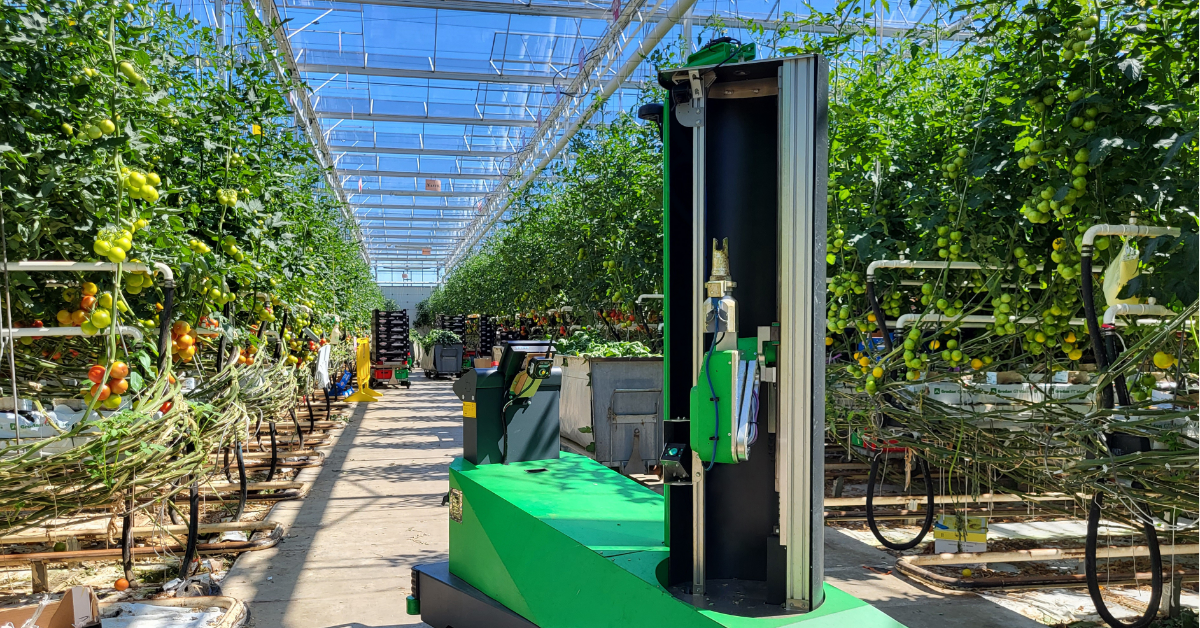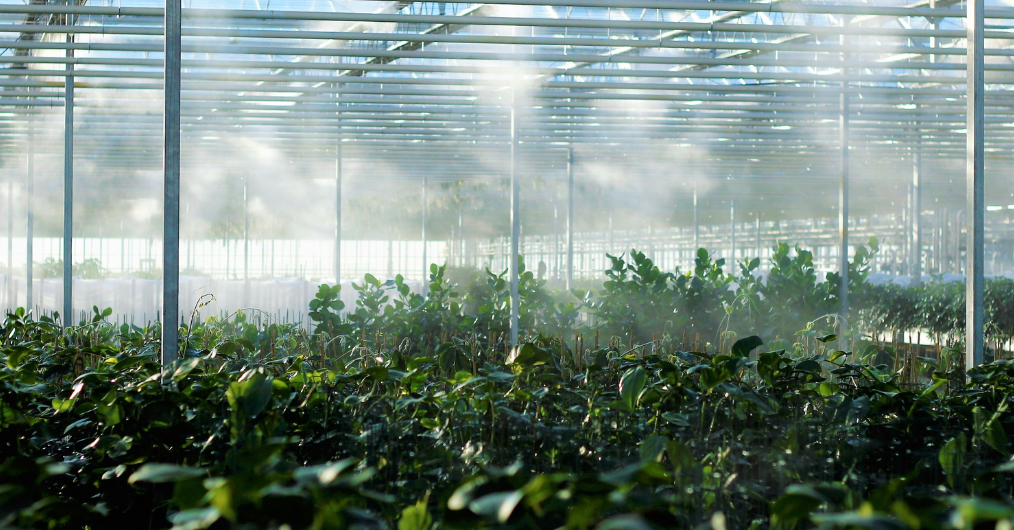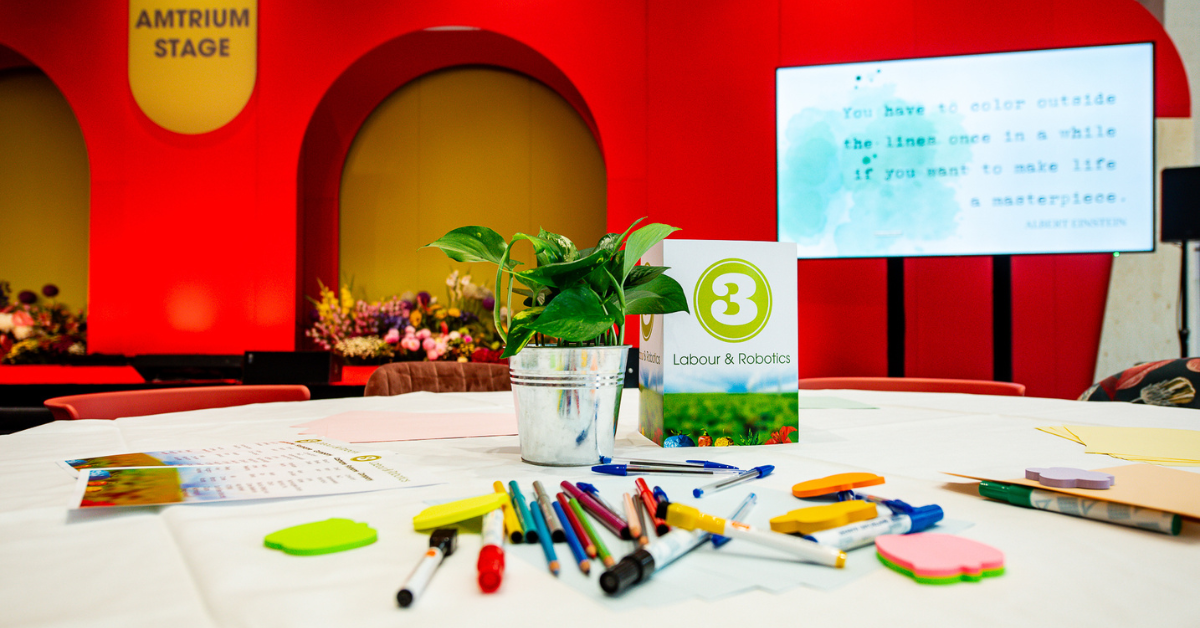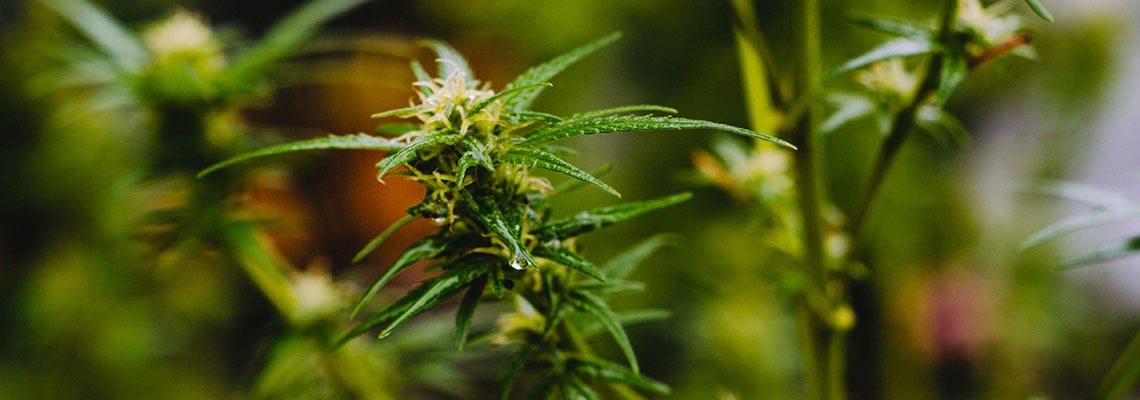Listen to the audio version of this article »
The professional cultivation of medicinal cannabis is growing worldwide but has plenty of technical challenges. Many growers and investors have little or no background in horticulture and therefore still have to learn a lot of skills. The use of existing and new techniques can help with the optimization of cultivation. But in the end, it all starts with a good basis, say various horticultural specialists.
Ridder offers technological solutions and automation for sustainable agriculture and horticulture. The company is tech-savvy and innovation driven. “Just like many commercial growers and investors that are currently stepping into the commercial cannabis space”, says Boy de Nijs on behalf of Ridder. “We enjoy sharing our knowledge and expertise with this ‘relatively new’ industry. Yet, before we help them with implementing new technologies and innovations such as wireless sensors, a.i. driven controls and robotics, we educate them about the best practices. It is important to provide them with a basic understanding of growing plants in controlled environments. We have literally seen people spending top-dollar on ‘fancy’ equipment, while they are not aware on ‘basic principles’ such as recirculation and still flush away 90 percent of their used irrigation water and costly fertilizers in the sewer.”
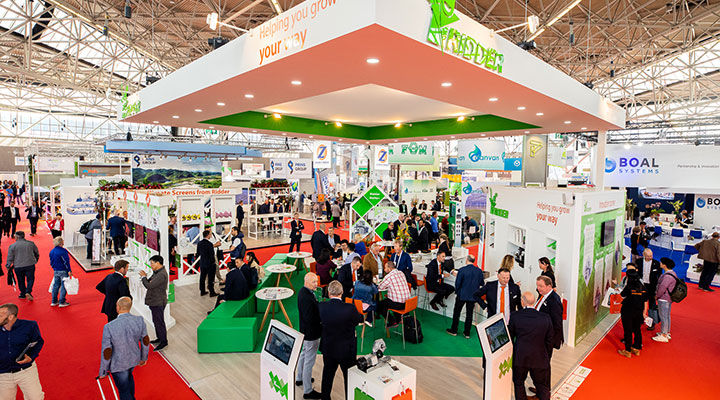
The challenge is upscaling
“In its first years of legalization, the potential and opportunities within the new and upcoming cannabis industry seemed to be limitless and thus return of investment was never a problem. Now some of these companies and their suppliers got in trouble”, says De Nijs. “Large investors and multinationals poured billions into the industry, often outplacing smaller cultivators and introducing consolidation. Now wholesale prices are under constant pressure. So basically, the investor’s honeymoon is over. Many investors are treating cannabis companies like any other business, looking for solid fundamentals, high-quality products, and profitability.”
Ridder supplies its technology and solutions to many ‘investment-driven’ and publicly traded cannabis operations. “The typical challenge in this industry is the upscaling; many operations are ‘too large for the napkin, and too small for the tablecloth’. In other words; the size of the operations make the introduction of typical commercial horticulture equipment challenging. They are too large for an entry level solution, and too small for equipment that is designed with a capacity to fit a commercial size greenhouse or indoor farm operation. However, an increasing amount of operations is growing due to the cost-price driven approach.”
Avoid island automation
Ridder therefore advocates for the integrated approach; avoid proliferation of all kinds of individual systems, a.k.a. ‘island automation’. They aim at integrating the automation and cultivation technology in one system, starting with climate control and irrigation. “This provides you more control and insight over all things cultivation-related and allows you to better optimize plant growth, supported by data-driven decisions. Another important pillar of ‘cost-price driven optimization’ is insight and control over operational (labor) processes. Therefore, management systems, tracking & tracing, etc., will become increasingly important. This will increase worker-efficiency, better management and reduces the amount of labor currently is involved in cannabis cultivation/crop work.”
Water and nutrient management
Furthermore, “poor water and irrigation management often results in inefficient and unsustainable use of water and fertilizers”, says De Nijs. By optimizing nutrient composition, distribution and uptake through automation, yield and quality will increase while the water and fertilizer footprint will reduce. “Cannabis growers can learn from commercial growers of fresh produce and flowers. From precise automated irrigation, composing custom fertilizer blends, recirculation, to disinfection and even waste-water management. As the costs of fertilizers will only increase, and the availability of freshwater (from a decent quality) will decrease, this will become paramount. Also, weekly lab-analysis of drain water samples is still in its infancy in the cannabis sector; many growers do not regularly check the detailed nutrient uptake and adjust their strategies based on the results from lab-analysis. Many improvements can also be realized by introducing something such as this. We enjoy sharing our expertise and knowledge about these important practices with this new group of customers. It’s rewarding, many customers attach much value to our advice. We enjoy being a part of the evolution and revolution that is taking place in this new industry. Therefore, we invite growers and investors to join us in GreenTech Amsterdam to discuss how we can bring the industry to the next level.”
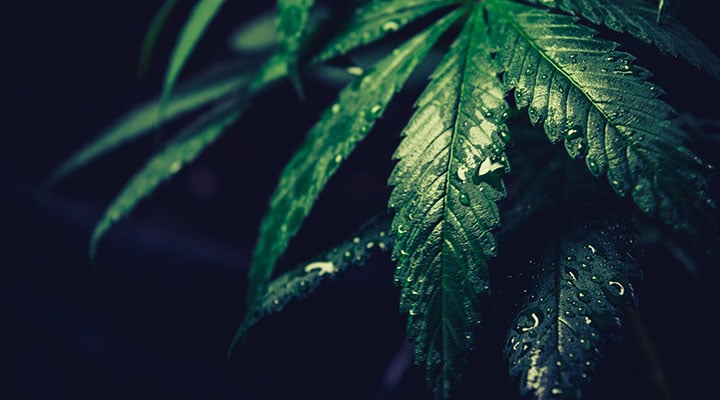
Optimal light recipe
“When it comes to grow light, Hortilux is an international specialist. When cultivating medical cannabis, growers aim to produce consistent quantities of certain substances (CBD, THC and other cannabinoids). The degree to which grow light impacts the quantities of CBD and THC depends on the plant genetics of the various cannabis strains”, says André Lagareiro of Hortilux. “We have specialists and partners who possess knowledge of grow light and its impact on the various varieties of medical cannabis. This knowledge enables us to advise on the optimal light recipe for each of the different phases of your medical cannabis crop. Obviously, we also consider your objectives and the associated business case. Hortilux develops and establishes grow light systems that are a perfect match with your needs and situation. Aspects we consider include the type of greenhouse, the growing system, the climate system, and the local situation. After installing your grow system, we continue to support you by proactively providing service and maintenance, and through the use of the HortiSense Digital Grow Light Dashboard.”
Hortilux has been supplying grow light solutions for legal medical cannabis for over fifteen years now, together with sister company PL Light Systems for the North American market. “Medical cannabis cultivation has been booming in recent years. Not only are more and more governments regulating the cultivation of this crop, but demand from the pharmaceutical industry is constantly increasing. This in turn means that Hortilux is receiving more and more enquiries about using grow light efficiently for medicinal cannabis cultivation, from investors both inside and outside the horticultural sector.”
Specific light spectrums
Lagareiro explains that cannabis is a seasonal crop. “By controlling its light cycle one can induce and control flowering, thus harvest several times in the year and phasing its production. By using artificial lighting to compensate for the different seasons when growing in a greenhouse you can ensure a stable product year-round. Growing indoor, without daylight, the use of artificial lighting is, of course, mandatory and control more granular. By using specific spectrums during the different stages of the plants life you can better work with what it needs, mimicking ideal light conditions in a favorable grow environment, thus maximizing yield and quality, not only of flowers but the amount of resin, cannabinoid, terpene and flavonoid content.”
“The two most popular luminaires now are the Hortilux HSE NXT II 1000W HPS and HortiLED Top, which runs with an efficiency of up to 3.5µmol/J, the highest one currently in the market”, says Lagareiro. “We believe in the future of LED technology, the use of sensors and plant models to be able to work better with the plant and give it what it tells us it needs. By working with this data, you have a better control and make working with nature a bit more predictable and manageable.” Besides that, Hortilux provides digital monitoring systems for both the electrical installation of the grow light system (which ensures risk of dangerous situations and damage is minimized) and the crop itself, making sure that the grower’s valuable crop is performing at its best and anomalies which can decrease production can be detected in an early stage. Making the use of grow lights in the cannabis industry more save. And according to Lagareiro the grow light market will continue developing in the next years. “For the future it’s important to have an even better understanding of the exact spectrum needs for the different stages of the plant, to phase energy use efficiently based on their photosynthetic capacity and consciously respond to its light/energy needs.”
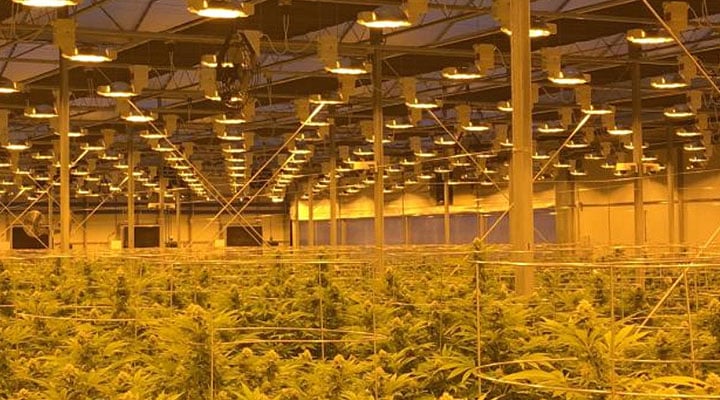
Reach a high and predictable yield
Blue Radix is a ‘new kid on the block’, but with a solid background. The company is a spin-off company of AgroEnergy, one of the market leaders in offering energy & smart energy solutions to greenhouses in the Netherlands. Blue Radix is fully focused on applying artificial intelligence (AI) in the horticulture sector. “With the limited number of experienced growers, we have to bring expertise to horticulture companies via a new route”, says Rudolf de Vetten. “Blue Radix will also help companies in the cannabis sector to reach a high and predictable yield, while minimizing the risks by avoiding human errors.”
According to De Vetten, AI is capable to gather insights from experts and successful crop strategies into a scalable model. “AI is a broad set of algorithms that are capable to learn complex patterns based on data and expert knowledge. These algorithms have developed rapidly in the recent years, so they can be used easily by companies in a wide range of industries. Combined with the decreasing costs of sensors, the first applications of AI in the horticulture sector emerge. The technology can be used for quality inspection, to answer questions like: How healthy is my crop? What is the quality of the leaves I produce? But also, to control the climate and irrigation on every moment of the day.”

Smart algorithms learn from experts and data
Currently, successful strategies to grow a cannabis crop are still under development. What is the best light strategy? How to handle irrigation? And how to avoid high energy costs? “These insights are hard to capture and to apply at a large scale”, says De Vetten. “With AI technology we create smart algorithms that learn from experts but also learn from the data of the local greenhouse. The power of AI is the capability to process large amounts of data 24 hours a day. The local weather forecast, sensor data, climate data and crop registrations are all used to create a climate that fits perfectly to the crop strategy of the grower.”
How will these techniques be implemented into the cannabis industry? “Typically, high-end producers start first with pilots to test the technology in a selected number of greenhouses. When the success is proven, the technology can be adapted rapidly by other growers. Blue Radix uses a service model, to help growers to use this technology without investing in data competences in each greenhouse. By providing easy to use data models, growers can focus on their strategy and managing the company.”
